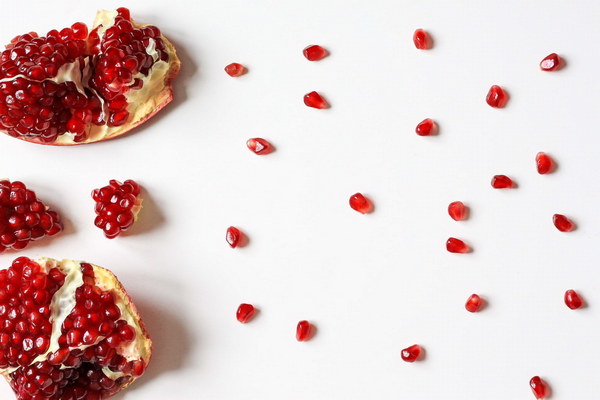Essential Health Tips for Young Learners Nurturing Wellbeing in the Primary Years
In the fast-paced world we live in, it is crucial to instill healthy habits at an early age. For primary school children, the foundation of good health is essential for their growth and development. This article outlines some essential health tips for young learners, focusing on maintaining physical, mental, and emotional well-being during the primary years.
1. Balanced Diet
A balanced diet is the cornerstone of good health. Encourage children to consume a variety of foods from all the food groups, including fruits, vegetables, whole grains, lean proteins, and dairy products. Here are some tips to help them develop healthy eating habits:
- Introduce new foods gradually and make them fun to try.
- Involve children in meal planning and preparation to increase their interest in healthy eating.
- Offer healthy snacks, such as fruit, yogurt, or nuts, to satisfy their hunger between meals.
- Limit sugary drinks, processed foods, and fast food to maintain a balanced diet.
2. Regular Physical Activity
Physical activity is vital for children's growth and development. Encourage your child to engage in regular exercise, such as:
- Walking, running, or cycling to school.
- Participating in sports or extracurricular activities.
- Playing active games during recess or after school.

- Encouraging daily playtime in a safe, open space.
3. Adequate Sleep
Sleep is essential for a child's growth and development. Ensure your child gets enough sleep by:
- Establishing a consistent bedtime routine to signal the body it's time to wind down.
- Creating a comfortable sleep environment, such as a cool, dark, and quiet room.
- Limiting screen time before bedtime to avoid exposure to blue light that can disrupt sleep.
- Encouraging your child to relax and wind down before bed, such as reading a book or listening to calming music.
4. Hygiene and Handwashing
Good hygiene habits, especially handwashing, are crucial in preventing the spread of germs and illness. Teach your child:
- To wash their hands regularly, especially before meals and after using the bathroom.
- The proper technique for handwashing: wet hands, apply soap, scrub for at least 20 seconds, rinse, and dry thoroughly.
- To avoid touching their face with unwashed hands to prevent the spread of germs.
5. Stress Management
Children can experience stress, too. Help them manage stress by:
- Encouraging open communication about their feelings and concerns.
- Teaching relaxation techniques, such as deep breathing or mindfulness exercises.
- Ensuring they have time for fun and relaxation activities, such as playing with friends, drawing, or reading.
- Providing a supportive and nurturing environment where they feel safe and loved.
6. Social Skills
Developing good social skills is important for a child's overall well-being. Encourage your child to:
- Be kind and respectful to others.
- Listen actively and show empathy.
- Work collaboratively in group settings.
- Express themselves appropriately in social situations.
By focusing on these essential health tips, you can help your child build a strong foundation for a healthy and happy life. Remember, instilling good habits at a young age will benefit them for years to come.









